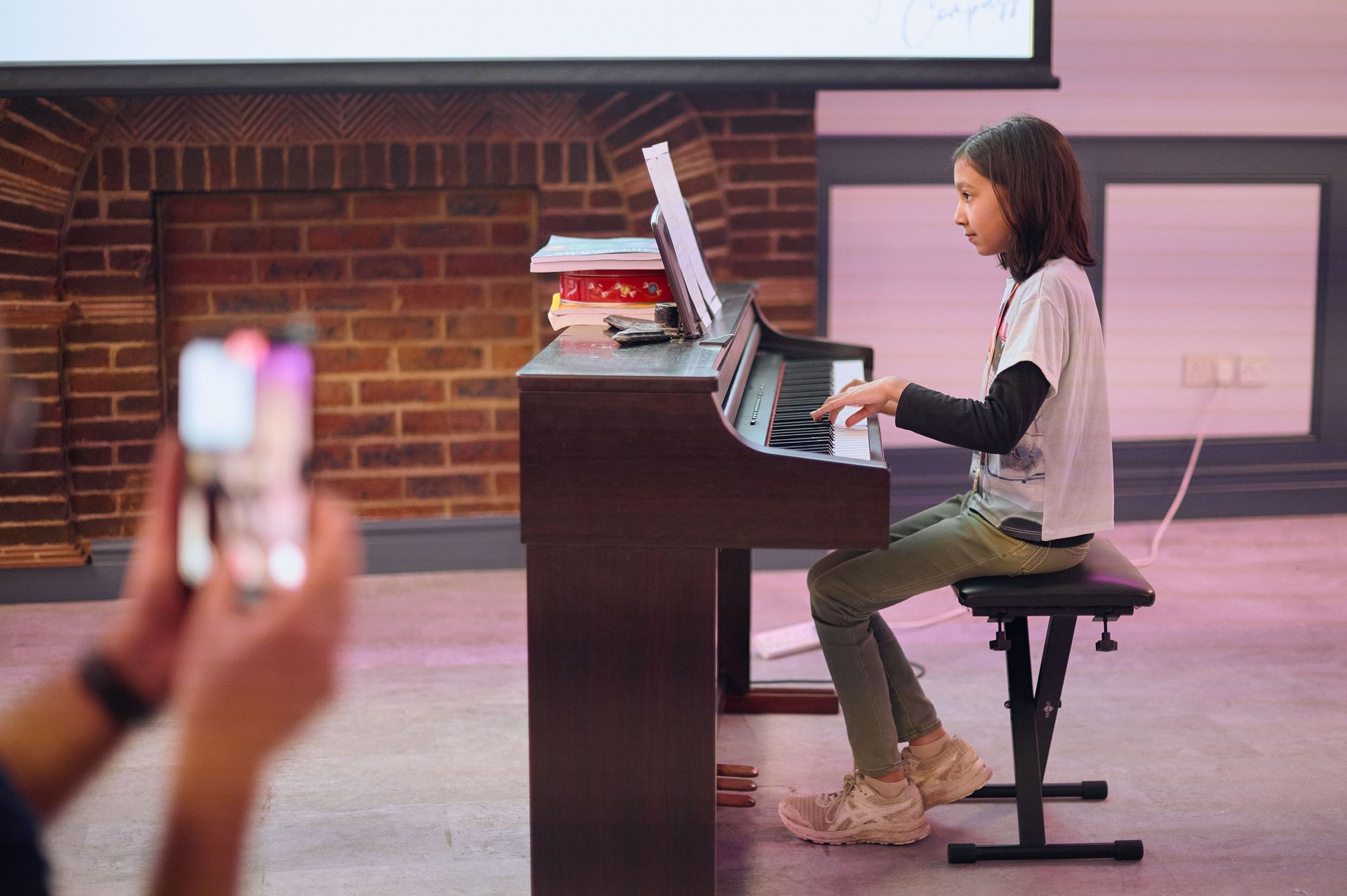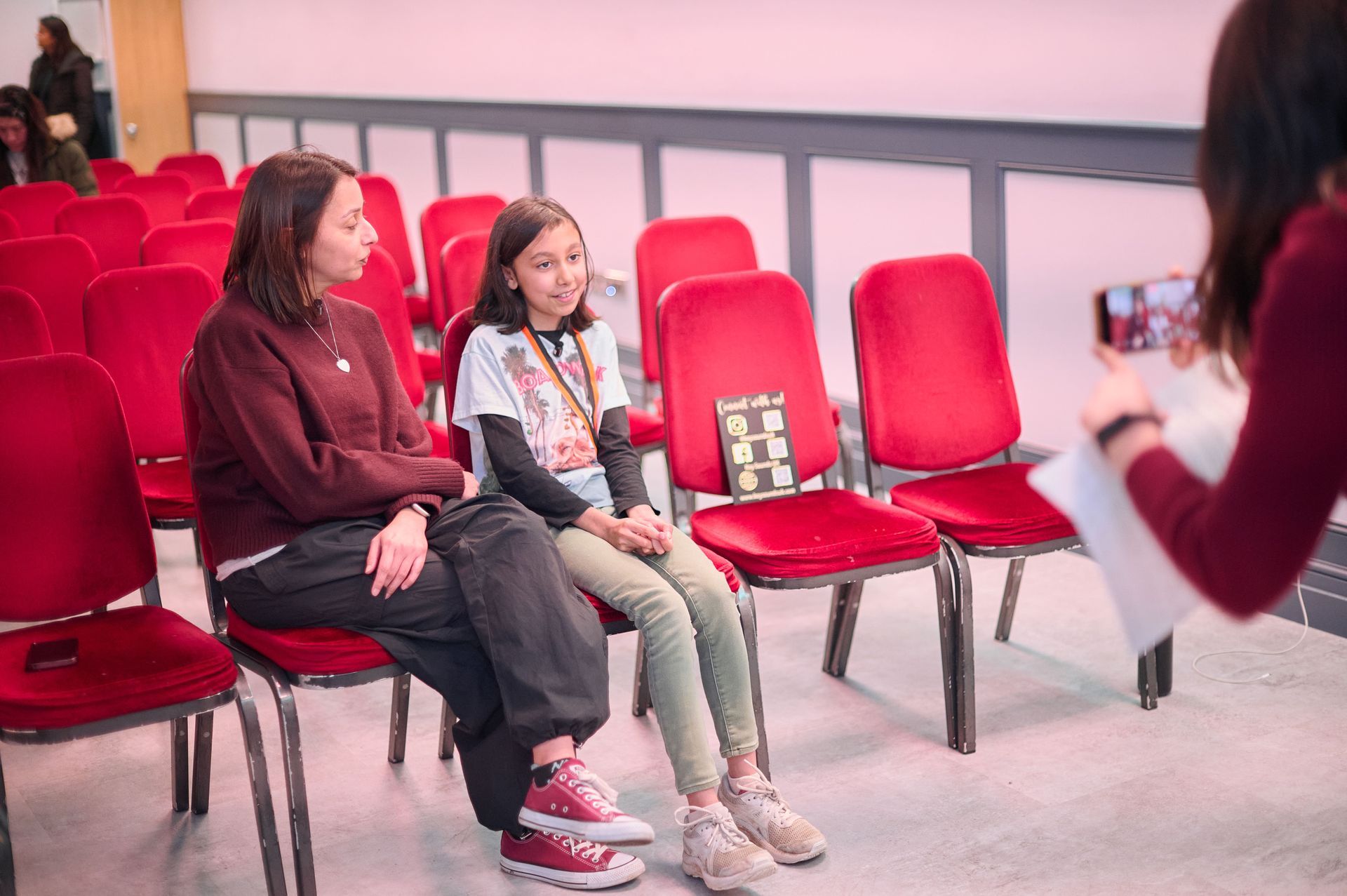How to Create a Consistent Piano Practice Routine
Creating an enjoyable and consistent piano practice routine is essential for making steady progress and maintaining your passion for playing. First and foremost, set clear and achievable goals. Break down your larger musical aspirations into smaller, manageable objectives. This could involve mastering a specific piece, improving your sight-reading skills, or enhancing your technical abilities. By setting milestones, you'll have a sense of direction and accomplishment, making your practice sessions more purposeful.
Secondly, prioritize quality over quantity. It's far more effective to practice for shorter periods with intense focus rather than spending hours with a wandering mind. Concentrate on specific sections that challenge you the most, rather than just playing through pieces mindlessly. Incorporate deliberate practice techniques, such as slow practice, rhythmic variations, and hands-separate exercises. This not only improves accuracy but also nurtures a deeper understanding of the music's intricacies.
Lastly, infuse variety and creativity into your practice routine. Repetition can lead to monotony, which can dampen your enthusiasm. Experiment with different practice methods, such as playing by ear, improvising, or exploring music theory concepts. Introduce diverse genres and pieces to your repertoire to keep things fresh. Additionally, remember to include moments of enjoyment – play some of your favourite tunes, engage in duets or collaborations, or simply improvise for pleasure. By nurturing a well-rounded and exciting practice routine, you'll foster consistent growth and a lasting love for playing the piano.
If you wish to know more about these hacks and resources, feel free to take a look around our website or connect with us directly!



